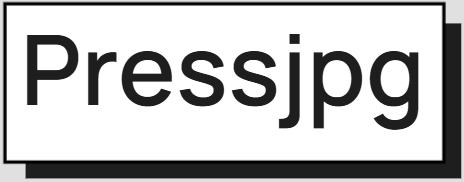Build Your Own Image Compression App (With Python or JS)
Published by ImageCompressor | Updated 2025
Overview
Want to create your own image compression app? Whether you prefer Python or JavaScript, it's easier than ever to set up a tool that allows image uploads, compresses them, and returns a download link. This guide walks you through both Python and Node.js options.
Option 1: Python (Flask + Pillow)
Step 1: Install Requirements
pip install flask pillowStep 2: Basic Flask App
from flask import Flask, request, send_file
from PIL import Image
import io
app = Flask(__name__)
@app.route('/compress', methods=['POST'])
def compress():
file = request.files['image']
img = Image.open(file)
output = io.BytesIO()
img.save(output, format='JPEG', optimize=True, quality=70)
output.seek(0)
return send_file(output, mimetype='image/jpeg')Step 3: Frontend Form (HTML)
<form action="/compress" method="post" enctype="multipart/form-data">
<input type="file" name="image">
<button type="submit">Compress</button>
</form>Option 2: JavaScript (Node.js + Sharp)
Step 1: Install Requirements
npm install express multer sharpStep 2: Basic Express App
const express = require('express');
const multer = require('multer');
const sharp = require('sharp');
const fs = require('fs');
const app = express();
const upload = multer({ dest: 'uploads/' });
app.post('/compress', upload.single('image'), async (req, res) => {
const inputPath = req.file.path;
const outputPath = 'compressed-' + req.file.originalname;
await sharp(inputPath)
.jpeg({ quality: 70 })
.toFile(outputPath);
res.download(outputPath, () => {
fs.unlinkSync(inputPath);
fs.unlinkSync(outputPath);
});
});Step 3: Frontend Form (HTML)
<form action="/compress" method="post" enctype="multipart/form-data">
<input type="file" name="image">
<button type="submit">Compress</button>
</form>Deployment Tips
- Use a backend host like Render, Heroku, or Railway
- Limit file size and allowed formats for security
- Add logging and error handling for production apps
Conclusion
With just a few lines of code, you can build a fully functional image compressor using either Python or JavaScript. Whether you’re creating a personal tool or launching a public app, this foundation gives you full control over image compression logic and interface.
